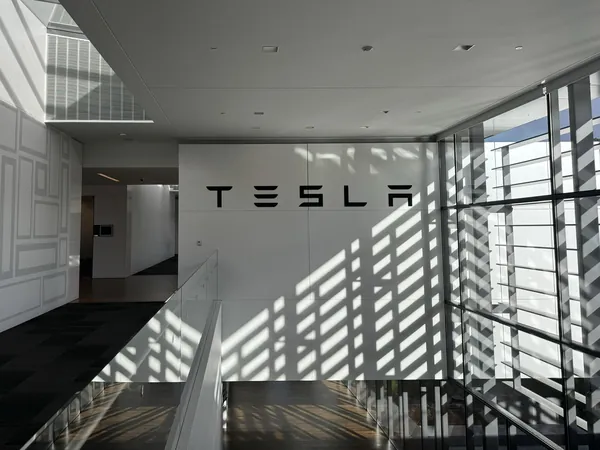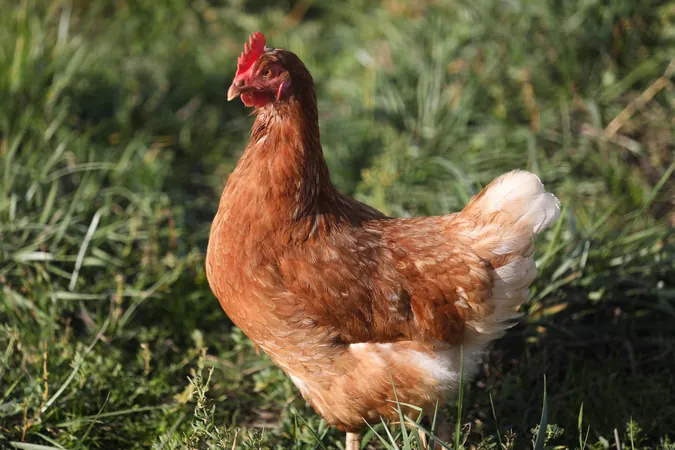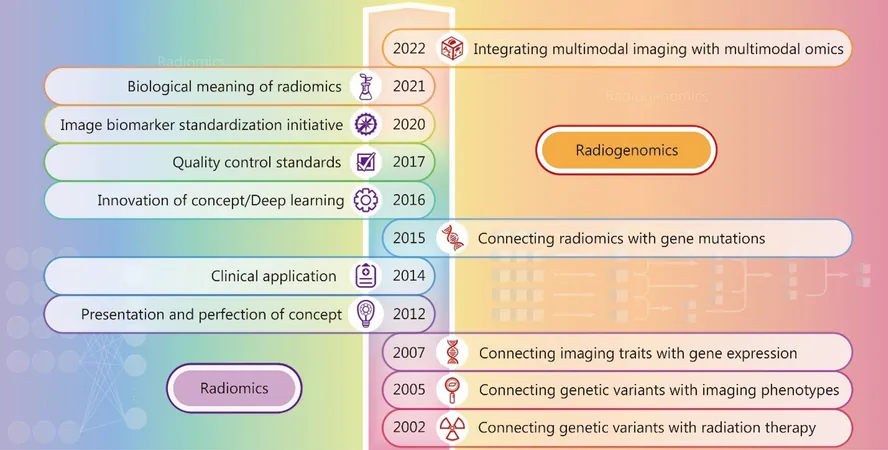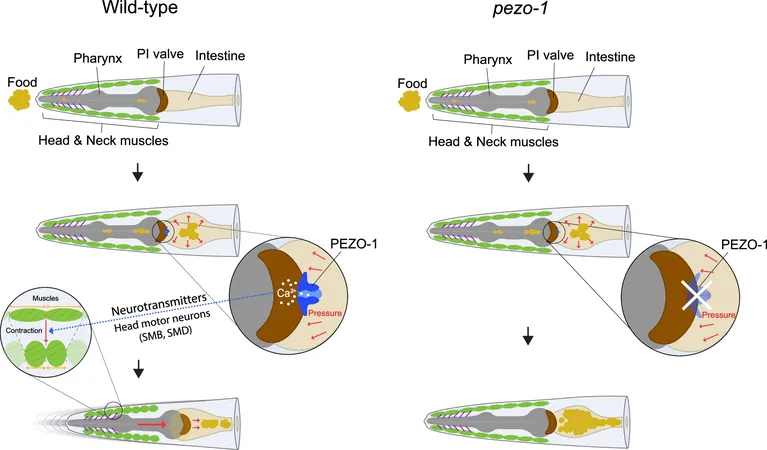
Tesla Wins Major Trade Secrets Case: Perpetrator Sentenced to Two Years in Prison
2024-12-17
Author: Jacob
Tesla Wins Major Trade Secrets Case: Perpetrator Sentenced to Two Years in Prison
In a significant legal victory for Tesla, a U.S. court has sentenced Klaus Pflugbeil, a German-Canadian dual citizen, to two years in prison for stealing trade secrets from the electric vehicle manufacturer to start his own battery business. This case, which underscores the growing concern over intellectual property theft in the high-stakes EV market, was adjudicated by the U.S. Department of Justice (DOJ) after Pflugbeil pleaded guilty earlier this year.
The DOJ revealed that Pflugbeil was arrested after he conspired with his business partner, Yilong Shao, to sell Tesla's proprietary battery manufacturing technology to undercover FBI agents posing as potential investors. In a meticulously orchestrated meeting in Las Vegas, Pflugbeil provided these agents with a detailed business proposal outlining Tesla's trade secrets, aiming to launch a new venture in China that would leverage stolen intellectual property.
U.S. Assistant Attorney General Matthew Olsen emphasized the national security implications of Pflugbeil's actions, stating, “In stealing trade secrets from an American electric vehicle manufacturer to use in his own China-based company, Pflugbeil’s actions stood to benefit the People’s Republic of China in a critical industry.”
Intriguingly, although Tesla wasn’t explicitly named in court documents, the prosecution highlighted that Pflugbeil and Shao had connections to a Canadian company that Tesla famously acquired a battery production line from in 2019—Hibar Systems. This indicates how intimately interwoven Tesla’s technology and intellectual property are with its competitors and their supply chains.
Shao, who remains at large, is also facing charges for his involvement in the conspiracy, amplifying the potential repercussions for companies that engage in intellectual property theft, especially in the highly competitive EV landscape.
Tesla's efforts to protect its intellectual property are not isolated incidents. The company has been involved in several high-profile trade secret litigations in recent years. Most notably, last month, Tesla reached a settlement with Rivian, an electric vehicle manufacturer, in a lengthy legal dispute alleging the theft of intellectual property through recruitment of former Tesla employees. Furthermore, Tesla previously settled with China’s Xpeng Motors over claims that a former employee illegally appropriated AutoPilot code for Xpeng’s own vehicle developments.
As global demand for electric vehicles surges, companies are likely to face increasing scrutiny and litigation over their handling of proprietary information. This case not only highlights Tesla's commitment to protecting its innovations but also raises questions about the broader implications for national security and competition within the global electric vehicle market.
As the EV industry continues to evolve, it will be crucial for manufacturers to safeguard their technological advancements against espionage and theft. Tesla's resolute stance serves as a reminder of the potential legal consequences that can ensue from corporate malfeasance.
Stay tuned for more updates on this evolving story in the electric vehicle sector!









 Brasil (PT)
Brasil (PT)
 Canada (EN)
Canada (EN)
 Chile (ES)
Chile (ES)
 España (ES)
España (ES)
 France (FR)
France (FR)
 Hong Kong (EN)
Hong Kong (EN)
 Italia (IT)
Italia (IT)
 日本 (JA)
日本 (JA)
 Magyarország (HU)
Magyarország (HU)
 Norge (NO)
Norge (NO)
 Polska (PL)
Polska (PL)
 Schweiz (DE)
Schweiz (DE)
 Singapore (EN)
Singapore (EN)
 Sverige (SV)
Sverige (SV)
 Suomi (FI)
Suomi (FI)
 Türkiye (TR)
Türkiye (TR)